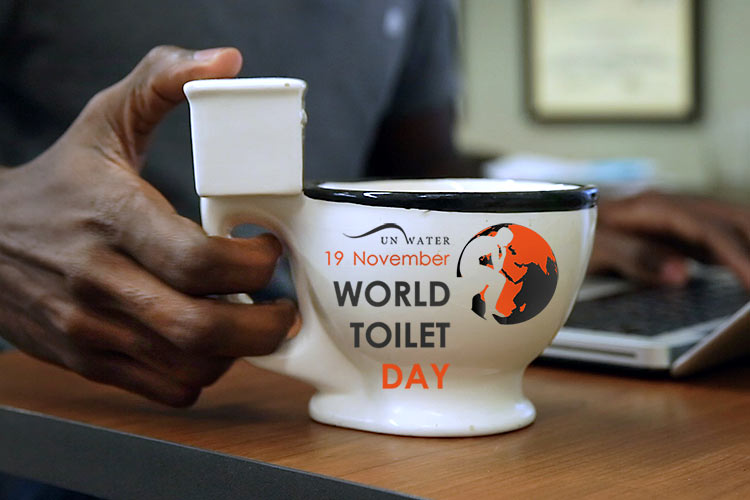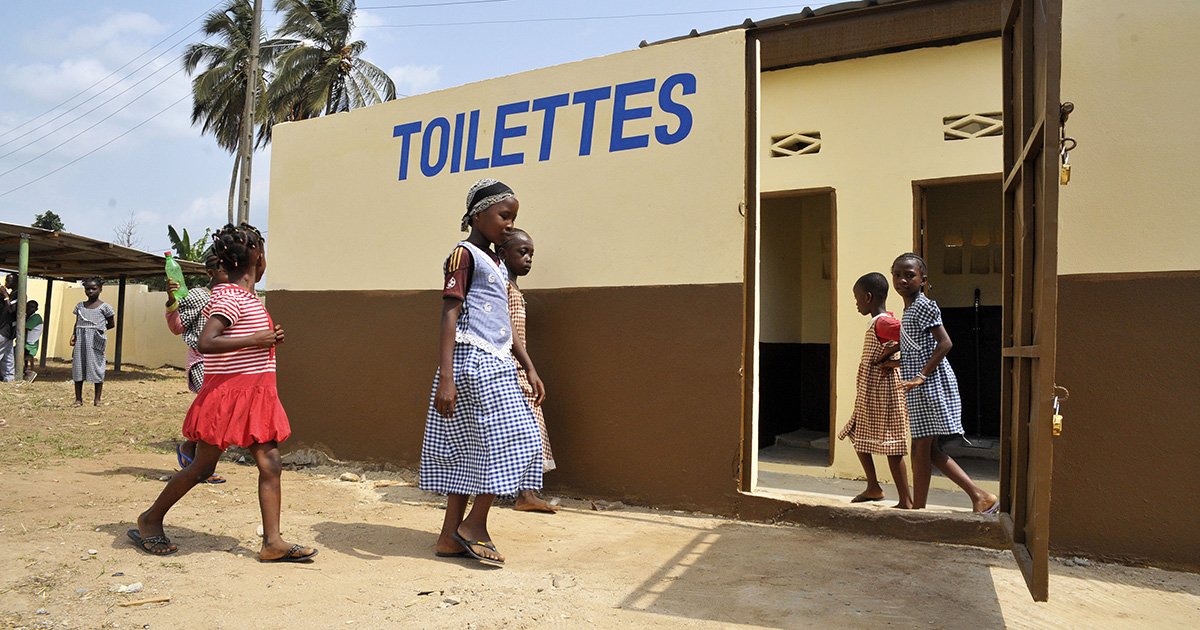Nigeria Wants To End This Nasty Practice By 2025

World Toilet Day is celebrated on the 19th of November every year. Ironically, 4.2 billion people globally live without proper sanitation while 673 million practice open defecation. This was according to a 2019 World Health Organization/UNICEF report. However, it is also estimated that about 46 million Nigerians are guilty of this practice. This makes Nigeria the second in the world with this unhealthy practice behind India.
In line with the theme of this year’s world toilet day, “Leaving No One Behind”, Nigeria’s President Muhammadu Buhari has signed an Executive Order 009 with the title ‘The Open Defecation-Free Nigeria by 2025 and Other Related Matters Order’. Also, the president launched a national campaign tagged ‘Clean Nigeria: Use the toilet’. The aim of the order and campaign is to end the practice of open defecation by 2025. Details from the order show the establishment of ‘Clean Nigeria Campaign Secretariat’ within the Federal Ministry of Water Resources. A section of the order as contained in Premium Times reads,
“The Secretariat is authorized on behalf of the President to implement this Order by ensuring that all public places including schools, hotels, fuel stations, places of worship, market places, hospitals, and offices have accessible toilets and latrines within their premises.”
Celebrating world toilet day in Nigeria

In Nigeria, this year’s world toilet day was celebrated in Abuja, the federal capital territory. The theme of the celebration in Nigeria was ‘Toilet for all’. Among those that were present was the Minister of State for Environment, Bar. Ikeazu Sharon. According to the minister, the poor excreta disposal was responsible for the high rate of diarrhea in the country. Consequently, diarrhea accounts for high morbidity and mortality among children below the age of five. Part of the minister’s speech as contained in Vanguard says,
“Today an estimated 4.7 million of our citizens live without improved toilet and many still practice open defecation using the bush and water bodies as their regular means for excreta disposal. According to the National Demographic and Health Survey, access to improved sanitation is still very poor below 36 % for the majority of the populace.”
The occasion of the world toilet day also created the opportunity for stakeholders to ask important questions. Many of them are beginning to question the possibility of achieving the United Nation’s Sustainable Development Goal (SDG) 6 by 2030. Consequently, the Water Supply and Sanitation Collaborative Council (WSSCC) released a statement with a possible solution. The statement reads,
“Two billion people lack basic sanitation and 72 percent of them live in rural areas. At the current pace, universal access to safely managed sanitation will not become a reality until the 22nd century. We call for the use of the following five principles to underpin rural sanitation programs: government leadership, stakeholder alignment, area-wide programming, inclusive solutions, and evidence-based and adaptive implementation.”
The failures of previous government efforts
To date, the Nigerian government has been making efforts to put an end to open defecation. However, with the debate of world toilet day, it is clear that there is no silver bullet to ending the menace. From building more toilets to subsidy programs for sanitation, and down to raising public awareness, all previous efforts had their shortfalls. Over 50 countries now rely on community self-enforcement and behavioral change to end open defecation. In Nigeria and India, many believe building and maintaining a toilet is too expensive.
According to a recent study by the Institute for Fiscal Studies, none of the aforementioned interventions were enough to eradicate open defecation. However, “a smart balance of microcredit, subsidies, and behavior change activities” will achieve a better result.







Responses